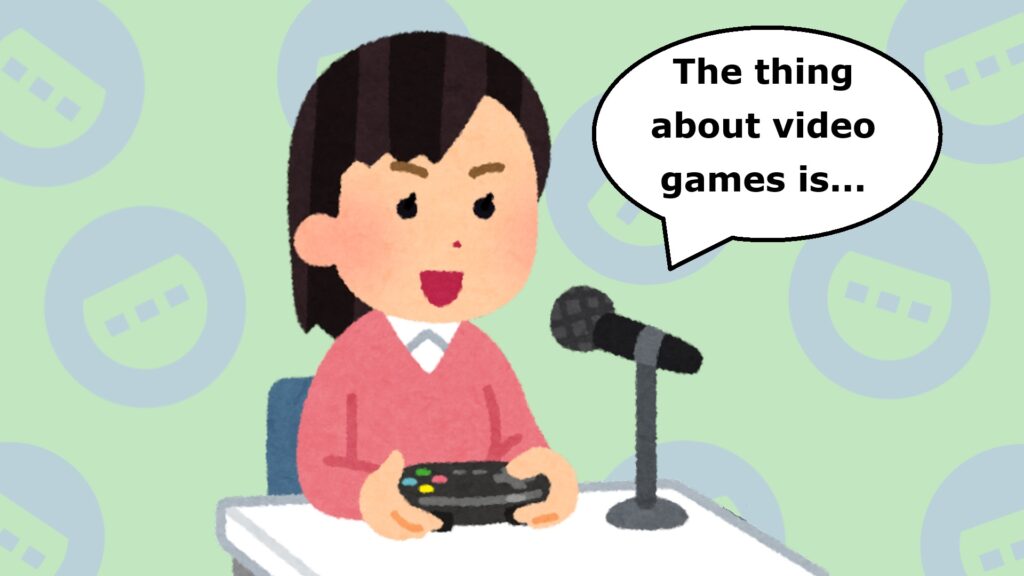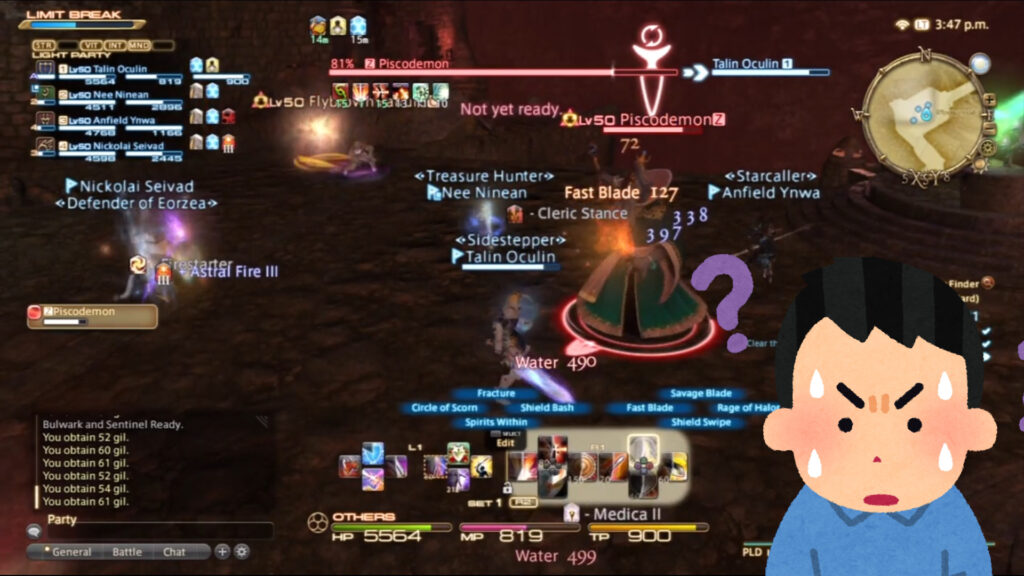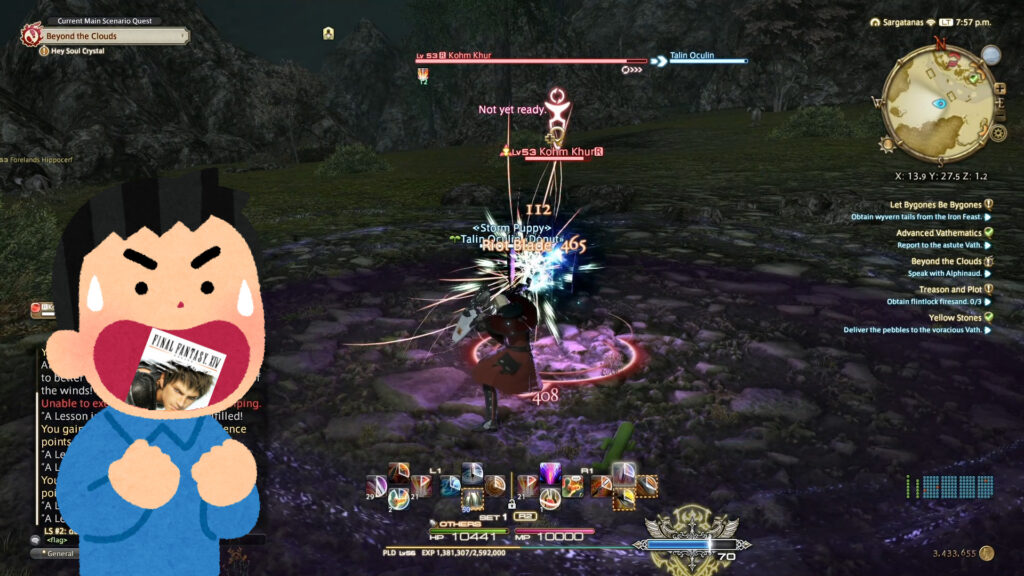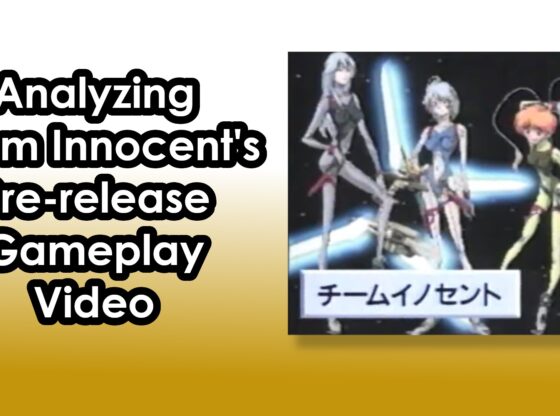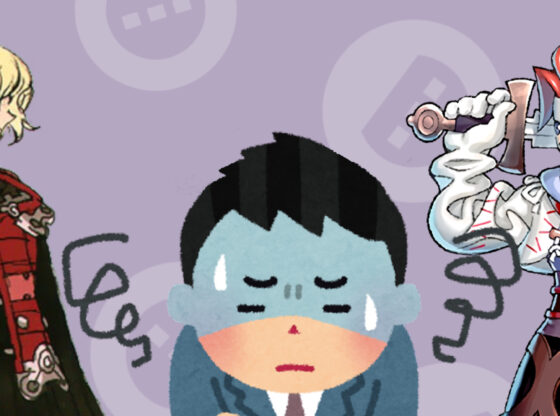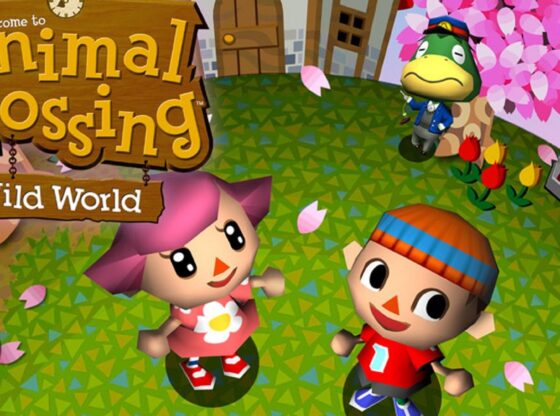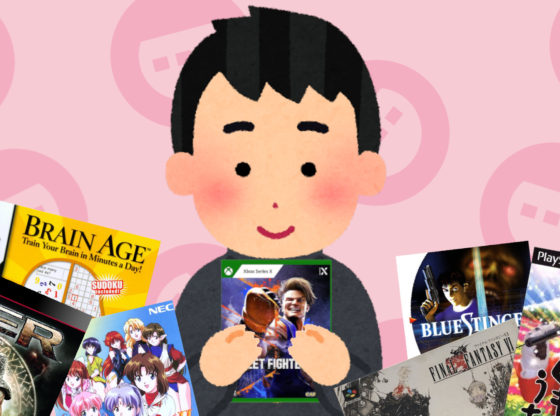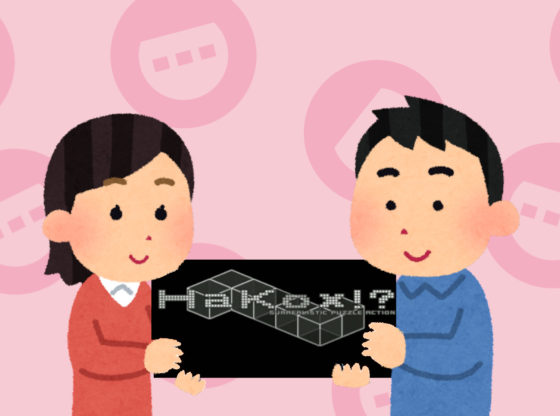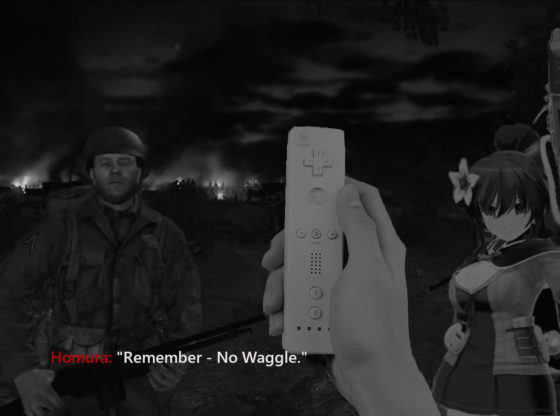In the modern day, anyone can get into gaming commentary. Writing articles, recording podcasts, creating videos, streaming, tweeting, and so on all have minimal barriers to entry. Because of that, many people with a wide variety of backgrounds can get involved, be heard, and potentially become an influential voice in a community.
Over time, I think it’s easy to start building a sense of confidence about your commentary, as you maybe should as you learn more about various franchises, genres, or sometimes very specific topics like the history of a developer, the life cycle of live service games, or any other number of things.
However, we often overextend this confidence as we try to predict what products will succeed, analyze company strategies, and understand why certain games excel over others. As we build viewership, seniority, or anything like that, we start to believe we broadly understand how the gaming industry works.
Unfortunately, with that often comes a sense of authority to make sweeping claims and statements around topics we don’t know anything about. We claim we know how companies should run their businesses, the types of games that should be made, or how games should be made. Over and over again, I hear statements like “If only [Company X] would do [Y], they would succeed.” “If they just made this one change, it’d fix the game.” “If they put more money into marketing, this game would have been successful.” Most of us have no expertise to back these statements up.
Almost all of us are entirely consumers and observers who get small peeks at an often glorified image of the industry and how games are made. And even when we do have more direct experience, there’s a complex number of differentiating factors between each game made, the development teams involved, and the publisher supporting them.
So what are we, as creators focused on gaming commentary, valuable for? What do we bring to the table?
It’s a challenging question because a key part of our role is something literally every player does: to feel something. When interacting with a game, at that moment, you are feeling happiness, excitement, boredom, frustration, and so on. You don’t need any expertise to feel the raw emotion of the moment.
Ideally, what a gaming commentator does over the average player is take those raw feelings and convey them to another person for whatever reason. There is also an art to putting raw emotions on display through react content. However, I have no meaningful experience creating around that, so let’s ignore that for today.
I’m guessing every creator has different thoughts on this, but in my eyes, the most essential part of gaming commentary is the “Why.” “Why do I feel sadness during this cutscene,” “Why do I feel excitement from this gameplay,” “Why do I feel frustrated at how this menu is designed,” and so on. In a lot of ways, the words you use from there are to justify the connection between the “Emotion” and “Why.”
Do I find the game’s visuals disappointing? We need to connect the “Why” to something we can observe directly from the game. Maybe it’s the lack of detail in the environment, or the characters have stiff movements. Those are the kind of “Whys” we want. Things we can observe and say, at least from your perspective, are true. If we say this game looks unimpressive because “it was made in Unity,” “the developers were lazy,” or “the publisher was cheap,” we’re faced with the question of whether that information is accurate. Most of us don’t know the limitations of Unity, the work ethic of each person on a development team, or the budget assigned to a game.
However, this can often be applied to more than just direct experiences with games. Are you upset because Best Buy is removing physical games? The “Why” isn’t “Best Buy is making a dumb move that will kill their business,” it’s about how your personal experience purchasing physical games will be affected. How does that limit your access to games or threaten your gaming lifestyle? But again, very few of us have chops to make a statement about whether this is a wrong business move for the company. So it doesn’t make sense to use that as our “Why.”
The difference between using a real “Why” and an assumed “Why” is one you can use to speak confidently when you describe a direct connection to an emotion. The other’s confidence is unwarranted.
I’m not saying you aren’t allowed to speculate, and there’s an art to emphasizing your uncertainty while still making a potent point. But if you confidently list an external factor you have no experience with as the “Why,” you have to step back and ask yourself, “Am I making an assumption here?”
I feel like most listeners inherently believe confident statements by individuals who have perceived authority. Reality often doesn’t matter in that; it’s only what you portray as reality in your word choice. When you’re using uncertainty to justify your emotion, I think there’s an increased responsibility to ensure it’s presented as such. Otherwise, it abuses someone’s tendencies to take your words as more definitive. If you recognize that and purposefully decide to maintain a confident statement despite your lack of knowledge, to me, it is misleading, dishonest, and sometimes disrespectful to someone’s work and character.
However, one thing I’m trying to keep in mind more often is that most people probably aren’t aware of these distinctions. It’s easy to make these kinds of statements without realizing it, especially with off-the-cuff commentary. It doesn’t help that the industry’s often rewards these types of statements. There’s also a near non-existent infrastructure to support most creators, so many leave the industry and take their expertise and lessons learned with them.
But with all this in mind, it’s really important that you shouldn’t stop expressing yourself if you are unsure if you’re choosing the right “Why.” It’s good to be aware of the uncertain “Whys” that we may have a kneejerk reaction to go to. But finding the right “Why” can be challenging; sometimes, you just have to try and fail.
Final Fantasy XIV is a game I have struggled with forever to understand the “Why” behind my negative feelings towards it. I like Final Fantasy, Final Fantasy XI, and even Final Fantasy XIV 1.0. So, my extreme dislike of the modern version of Final Fantasy XIV, in a lot of ways, doesn’t fit with my historical understanding of how those games have made me feel before and, obviously, how most other people feel about it.
Time and time again, I’ve tried to describe what I dislike about Final Fantasy XIV. I will scrutinize and nitpick every little detail of the things I think are the “Why.” But so far, it’s never aligned in a way that makes sense. Other games will have that same “Why,” yet my emotional response to them is different. So what in Final Fantasy XIV is unique? I still don’t know.
I won’t tell you the best way to find that for yourself. I find it from thinking deeply on walks, rambling on my podcast, talking to friends, or even working on video drafts that are frequently scrapped.
Some people will see me struggle and tell me to move on. “It’s just not your cup of tea.” But, to me, understanding that “Why” is essential. Not just because of Final Fantasy XIV. It might help me better understand how others feel about another game. That persistent want, need, or maybe obsession to finally find the root of what I want to say is important. And I’m always really excited when I can finally put the pieces together and communicate what I was feeling all along but could never express with the words I had.

